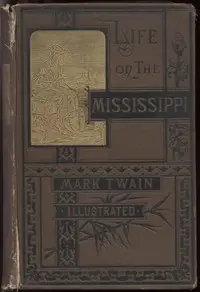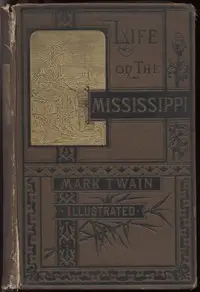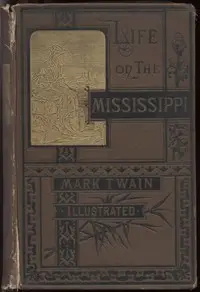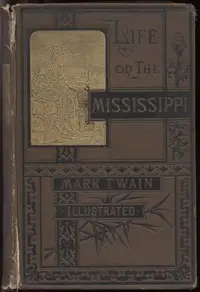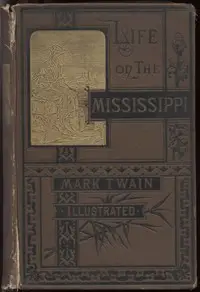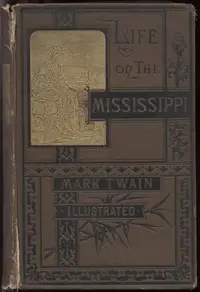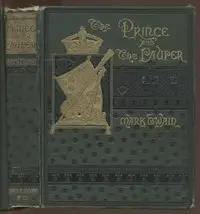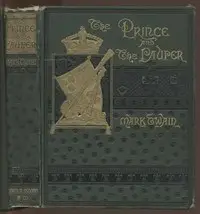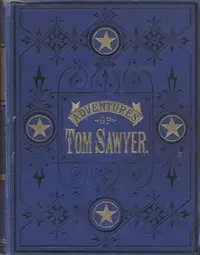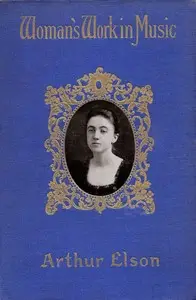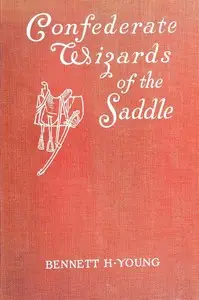"Life on the Mississippi" by Mark Twain is a blend of personal stories and historical facts that explores the Mississippi River through the eyes of a former riverboat pilot. Twain shares his early adventures learning the tricky skill of piloting steamboats, painting a picture of both the beautiful river and the tough work required to navigate it. The book offers glimpses into the river's past, including the explorers who first charted its course and the growth of steamboat travel, seasoned with Twain's humor and observations. The author shows how the Mississippi River's unique properties such as its ever-changing channel, shape, and it's impact of shaping America, and how important it was to the people and cultures that lived alongside it.
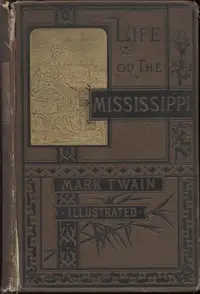
Life on the Mississippi
By Mark Twain
Experience the changing currents of America's greatest waterway through the colorful memories of a young man charting his own course on the mighty Mississippi.
Summary
About the AuthorSamuel Langhorne Clemens, known by the pen name Mark Twain, was an American writer, humorist, and essayist. He was praised as the "greatest humorist the United States has produced," with William Faulkner calling him "the father of American literature." Twain's novels include The Adventures of Tom Sawyer (1876) and its sequel, Adventures of Huckleberry Finn (1884), with the latter often called the "Great American Novel." He also wrote A Connecticut Yankee in King Arthur's Court (1889) and Pudd'nhead Wilson (1894) and cowrote The Gilded Age: A Tale of Today (1873) with Charles Dudley Warner.
Samuel Langhorne Clemens, known by the pen name Mark Twain, was an American writer, humorist, and essayist. He was praised as the "greatest humorist the United States has produced," with William Faulkner calling him "the father of American literature." Twain's novels include The Adventures of Tom Sawyer (1876) and its sequel, Adventures of Huckleberry Finn (1884), with the latter often called the "Great American Novel." He also wrote A Connecticut Yankee in King Arthur's Court (1889) and Pudd'nhead Wilson (1894) and cowrote The Gilded Age: A Tale of Today (1873) with Charles Dudley Warner.

